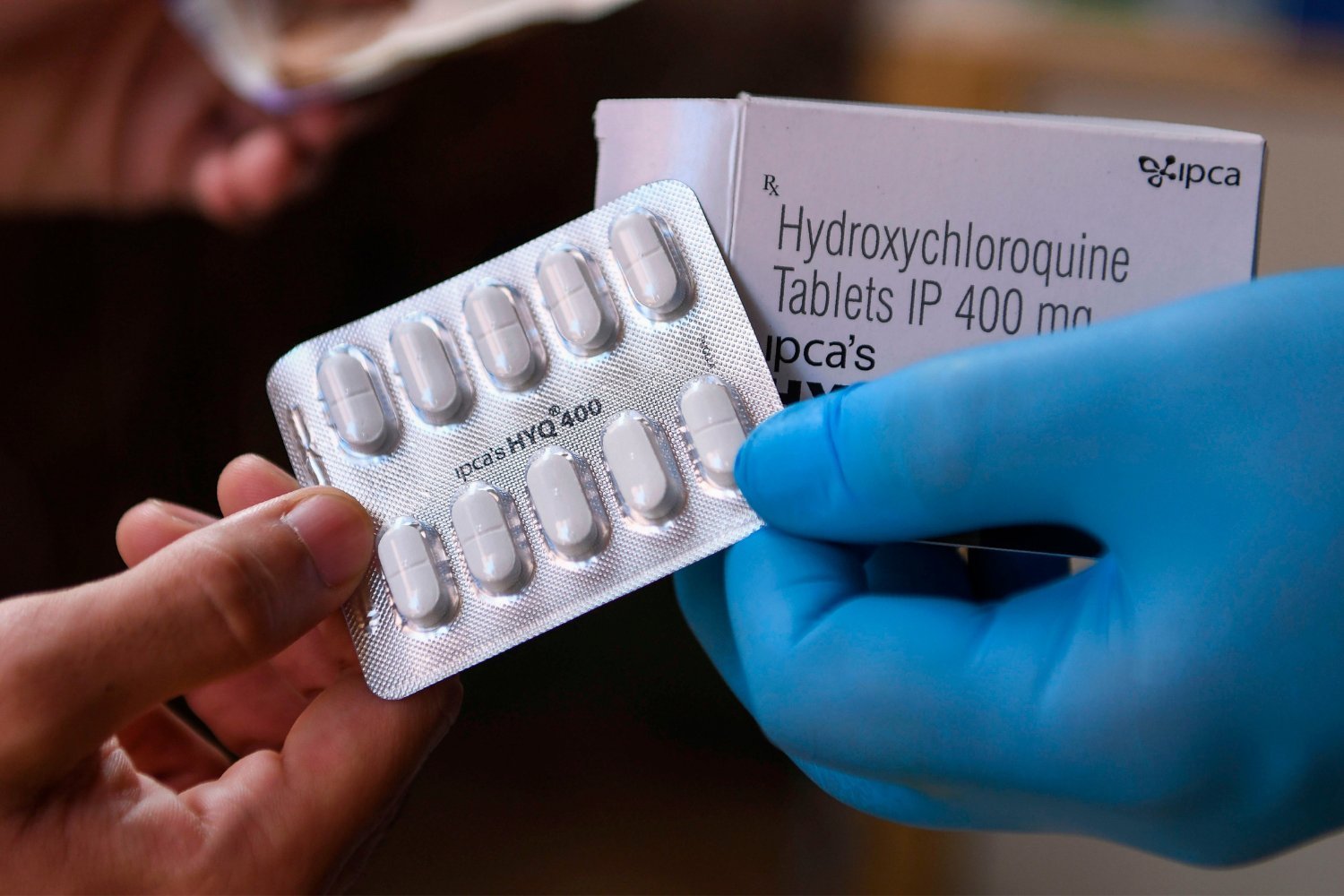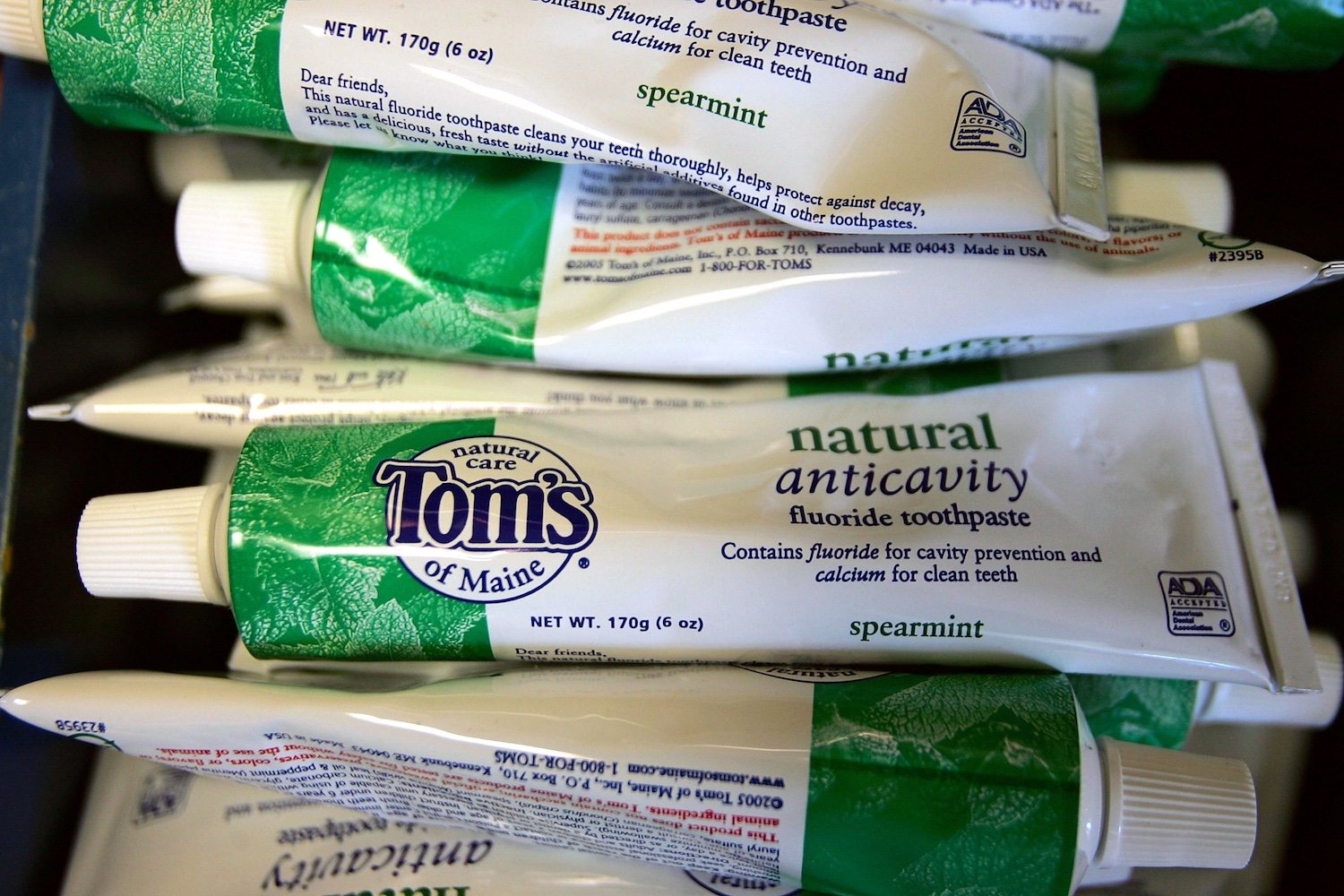The scientific community has finally laid to rest a controversial study that claimed hydroxychloroquine could treat COVID-19. Elsevier, the study’s publisher, officially retracted the paper this week, citing serious concerns about its methodology and patient recruitment. This retraction marks the end of a saga that fueled misinformation and potentially jeopardized public health during the pandemic’s peak.
The retracted study, published in the International Journal of Antimicrobial Agents in March 2020, reported that hydroxychloroquine lowered viral loads and accelerated recovery in COVID-19 patients, especially when combined with the antibiotic azithromycin. This finding generated immense public interest, with even then-President Trump championing the drug combination as a potential “game changer.”
However, the scientific community quickly raised red flags. Numerous experts expressed skepticism about the study’s design, data analysis, and potential ethical breaches. These concerns centered around the lead author, Didier Raoult, and included questions about patient consent and the appropriate use of azithromycin.
Following a thorough investigation prompted by complaints from scientists, Elsevier confirmed the validity of these concerns. The investigation revealed potential ethical lapses, including questions about patient enrollment procedures and the administration of azithromycin. Furthermore, three of the study’s co-authors distanced themselves from the paper, expressing reservations about the presentation and interpretation of the results. This retraction follows several other retractions of papers authored by Raoult by Elsevier this year.
The promotion of hydroxychloroquine, fueled by this flawed study, had far-reaching consequences. Millions of COVID-19 patients were prescribed the drug despite mounting evidence of its ineffectiveness and potential harm. Studies subsequently demonstrated that hydroxychloroquine not only failed to improve outcomes but also increased the risk of cardiac complications and death in some patients.
Perhaps the most damaging consequence was the diversion of resources and attention away from effective treatments. While the hydroxychloroquine narrative dominated headlines, scientists were working to identify proven therapies, such as the steroid dexamethasone, which demonstrably reduced mortality in severe COVID-19 cases. The widespread adoption of vaccines and effective treatments has since significantly diminished the threat of COVID-19.
This incident serves as a stark reminder of the dangers of misinformation, especially during public health crises. The retraction of the hydroxychloroquine study underscores the importance of rigorous scientific scrutiny and the need for evidence-based decision-making in healthcare. While the flawed study is now officially discredited, the enduring legacy of anti-science sentiment and the promotion of unproven treatments remains a significant challenge.
https://www.sciencedirect.com/science/article/pii/S0924857920300996?via%3Dihub
https://www.yahoo.com/news/rfk-jr-accused-fda-suppressing-190849871.html?guccounter=1
https://www.who.int/news-room/questions-and-answers/item/coronavirus-disease-covid-19-dexamethasone











